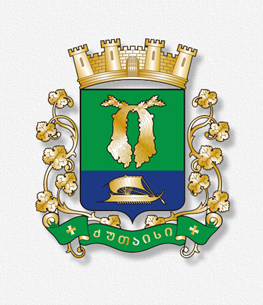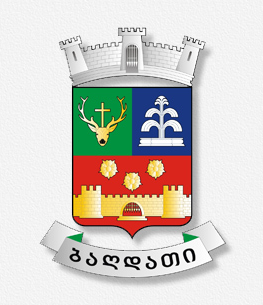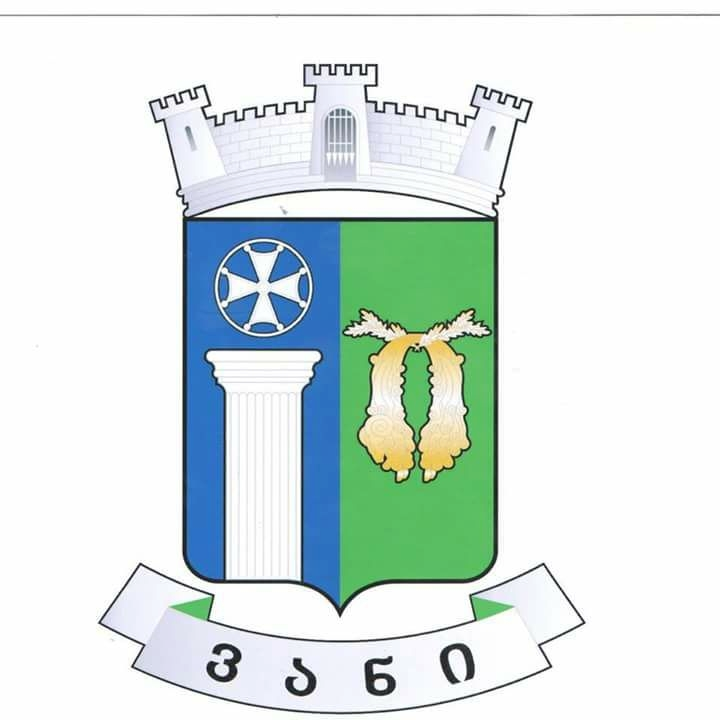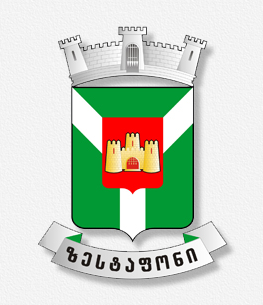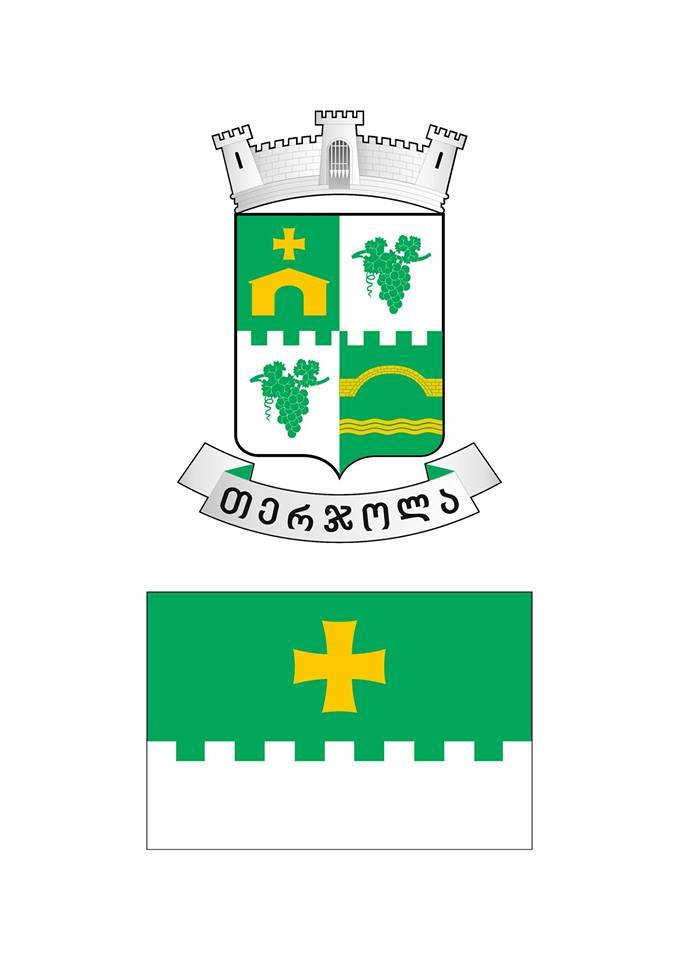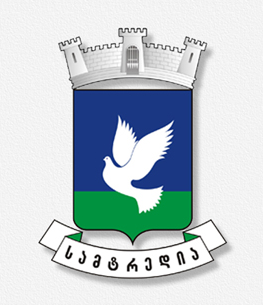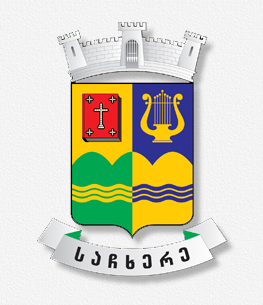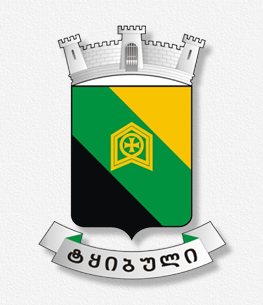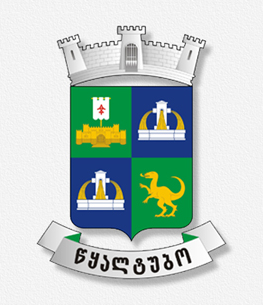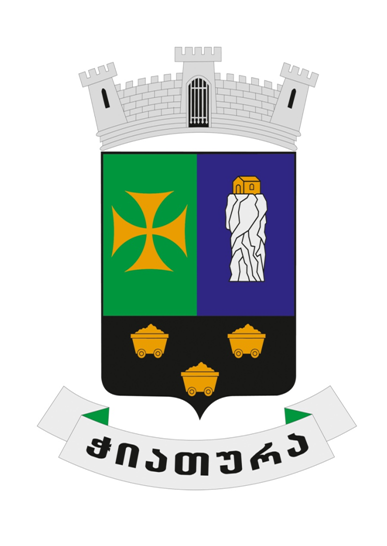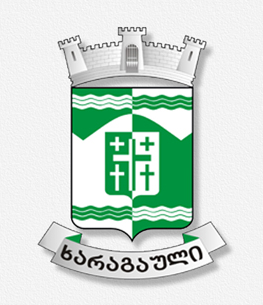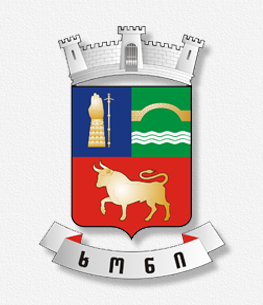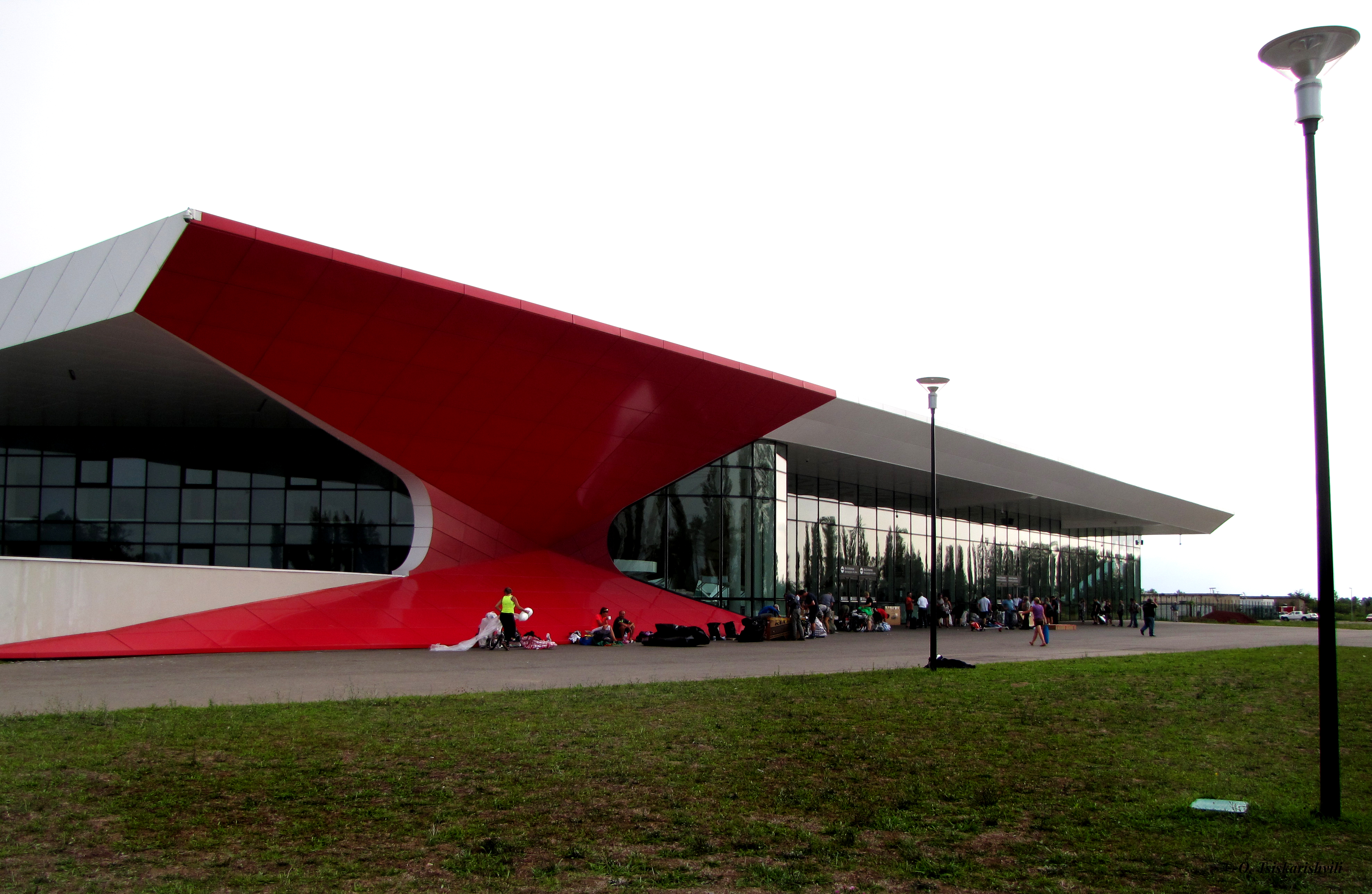TKIBULI
Tkibuli
Tkibuli Region, which means ancient Okriba, is nearly 600-800 meters above sea level in western Georgia, Imereti. The town is built on the both banks of the river Tkibula ( which is a right tributary of the Kvirila ) and is surrounded with hilly forests.
Ambrolauri municipality borders Tkibuli on the North, Chiatura --on the South-East, Kutaisi is on the South –West and Tskaltubo borders the region on the West .The length of boundaries is 120 km long and the whole area covers 470 square kilometres.
The following rivers flow through the territory : The Lekhidari ,The Dzusa, The Tkibula, The Magara-Chishura, The Tskaltsitela, The Qvekhura. There are several waterfalls in Mukhura and Dzmuisi. .
Flora and Fauna is represented by Kholhki and Caucasian endemic species and breeds. Some of the relict plans are box trees, pontic rhododendron , chestnut trees and utkhovari.. Village Sotchketi still keeps a 1500- year- old tree. Tsutskhvati community has planted forests of Uthkovari trees, Chestnut woods are also illustrated as a mountain gorge on the banks of The rivers Tkibula and Dzusa.
Tkibuli is rich in minerals such as coal, schist, chalcedony , teshenite ,quartz sands, barytes, marble, basalt, jet, fire -proof clay good for cement production as well. Kursebi, Bueti, Sotchkheti Koka ,Tsutskhvati ,Mukhura and Legva are the list of villages where Mineral waters run through.
In Municipality of Tkibuli there are 10 units : Town of Tkibuli, 7 communities: Gurna, Kursebi , Orpiri, Satsire , Sotchkheti, Khresili, Djvarisa and 2 villages: Mukhura and Tsutskhvat. There are 45 villages in total... Georgians are 99% of population , Russians and Ukrainians also live in the region . The population of the town is 14000 people, while the village inhabitants are 17000.
The main product of agriculture is maize. Viticulture is well developed as well as tea production. Some of important fields of agriculture are stockbreeding , bee-keeping and fruit-growing.The main industry of Tkibuli remains coal mining .The first deposit of this stone was discovered in 1825 and since 1846 it has been processing and exploiting.The term of “ Okriba” first was mentioned in compilations of Nikortsminda Church dated back to 1071.The town name ‘’Tkibuli “is dated to 1259-1293
in the historical source written by Gelati Church deacon Jacob as a sacrifice for Mother of God.
Okriba is famous for its historical monuments. They attract visitors by their mosaic, paintings , fresco and lapidary inscriptions.
Among maintained historical monuments The Gelati – the Monasterial Complex - is the most important one. It is included in UNESCo’s World Heritage Site list together with the Bagrati Cathedral. Besides those two monuments on the territory of Okriba there are the Motsameta monastery and The Nakalakari. Tsutskhvati, djvarisa and Satsire castles are also represented as monuments of old times.
Tkibuli municipality can offer visitors numerous castles and churches of ancient times: Crist’s church of the 10th -11th century in Kursebi, the fortress “sheupovari” of early medieval times in Mukhura, ST George’s church whit frescoes of the 11th -12th centuries in Kisoreti.In the village of Dzirovni there is the fortress of late medieval times and archangel church of the 10th and 11th centuries with relief –work depiction of St George .Archangel church of the 12th century in Bueti, bas –relief style .St George’s church of the 10th century in the village of Djonia with lapidary inscriptions. Mtasakdrisi church of the 10th century in the village of Dzmuisi, St George’s church of nine crosses ,which is 1570 meters above sea level , keeps only parts of the walls, and finally, the Tsutskhvati fortress of late medieval times .
One of the wonders of nature in tkibuli region is the cave in Tsutskhvati, which consists of 13 floors, on several floors stalagmites and stalactites are represented. Among caves “warm caves “ are in majority. They were used by primeval societies. This unique cave used to be the place for cultish events that has no analogue throughout the history. Some archeological monuments are found in the cave from the palaeolithic period to the Bronze Age and The Historic Era . Approximately 40 different animal bones have been discovered in this cave too.
In Tkibuli apart from The Gelati and Motsameta monasterial sets The tsutskhvati Cave ( which has been announced as a natural preserve since 1974) can easily become one of the most important tourist attractions together with The Nine Cross. Tkibuli and Shaori water reservoirs can serve tourists as a recreation places.
Video
News calendar
 |
April 2025 |  |
||||
|---|---|---|---|---|---|---|
| Mon | Tue | Wed | Thu | Fri | Sat | Sun |
| 1 | 2 | 3 | 4 | 5 | 6 | |
| 7 | 8 | 9 | 10 | 11 | 12 | 13 |
| 14 | 15 | 16 | 17 | 18 | 19 | 20 |
| 21 | 22 | 23 | 24 | 25 | 26 | 27 |
| 28 | 29 | 30 | ||||
Calendar




